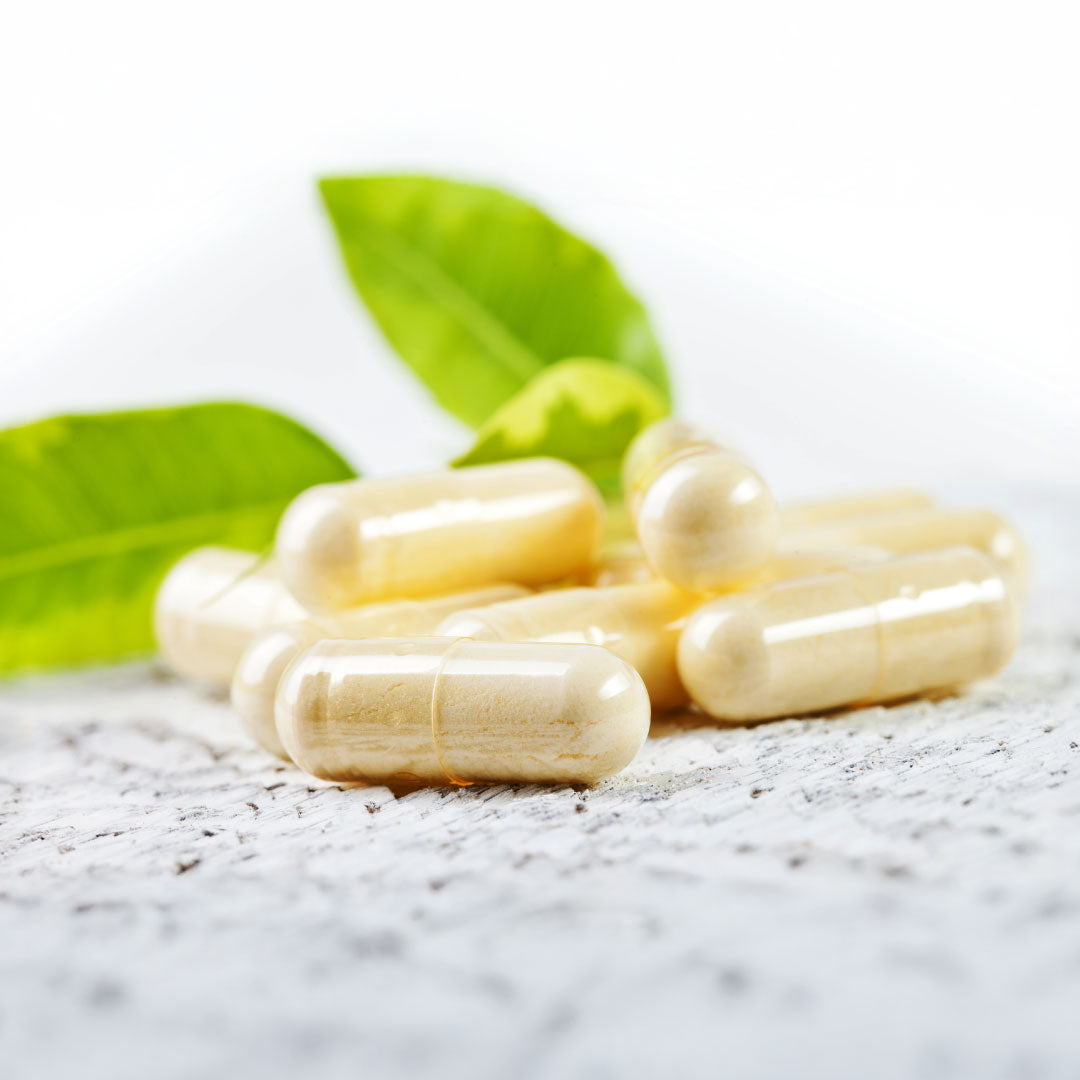Protein is often the forgotten macronutrient. Between cutting carbs and counting calories, many women unintentionally overlook the role of protein, yet it is the foundation of almost everything in the body. From muscle and skin to hormones, enzymes, and even immune cells, protein literally holds us together.
And it’s not just about muscles. Protein repairs DNA damage, supports collagen production (hello, glowing skin), and keeps you energised and satisfied. But how much protein do we really need, and why do so many of us fall short?
The Recommended Daily Allowance vs. Reality
The official guideline is 0.8 grams of protein per kilogram of body weight per day. For a woman weighing 60kg, that works out to just 48g of protein, roughly two small chicken breasts.
But here’s the catch: this figure is only the minimum to prevent deficiency, not the optimal amount for strength, energy, or longevity.
How Much Protein is Optimal?
Research suggests that 1.2 to 2.0 grams per kilogram of body weight is far more beneficial, particularly if you are:
-
Over 40, when muscle mass naturally declines
-
Perimenopausal or postmenopausal
-
Recovering from illness or injury
-
Lifting weights or strength training
-
Trying to manage weight and reduce cravings
For the same 60kg woman, this means aiming for 90-120g of protein daily. Spread across three meals, it’s achievable and transformative.
Will Protein Make Women Bulky?
Absolutely not. Women naturally have far less testosterone than men, making it nearly impossible to build large, bulky muscles without extreme training and supplementation. Instead, eating enough protein helps women stay toned, strong, and energised.
Men vs. Women: Do Needs Differ?
The basic guidelines (per kilo of body weight) are similar, but women’s protein needs spike during key life stages:
-
Pregnancy and breastfeeding – building and nourishing another human requires higher intake.
-
Perimenopause and menopause – when metabolism slows and muscle mass declines.
-
Post-workout recovery – protein is essential for muscle repair and metabolic health.
When you don’t consume enough, the body “steals” protein from your own muscles, prioritising survival over strength. That’s why maintaining muscle is vital for long-term health and independence, especially as we age.
Protein and Ageing Gracefully
Muscles aren’t just for athletes. They are what get you out of bed, carry your shopping, and (hopefully) let you run after your grandchildren one day. Muscle strength is directly linked to bone health too, when muscles stay strong, bones do as well.
The two essentials for preserving muscle into old age?
-
Adequate protein intake
-
Regular strength training
Can Too Much Protein Turn to Fat?
Technically yes, but only if you consistently eat far more than your body can use (up to 3.7g per kilo of body weight daily, which is very hard to reach).
Here’s what happens: if protein isn’t needed for tissue repair or hormone production, the excess can be converted into glucose. Once glycogen stores are full, it may eventually be stored as fat.
But in reality, most women under-eat protein rather than overeat it. The real risk is getting too little, not too much.
The Magic Number Per Meal
Aim for 25-30g of protein per meal. This is the sweet spot for muscle repair and satiety. Spacing it evenly through the day is more effective than loading all your protein into one meal.
Best Sources of Protein
Whole foods should always be the foundation of your protein intake. Some of the best sources include:
-
Animal-based: steak, wild salmon, organic chicken, free-range eggs, Greek yoghurt
-
Plant-based: lentils, beans, tofu, quinoa, soy, pea protein (when combined for a complete amino acid profile)
Supplements like marine collagen or protein powders can fill gaps on busy days, but they should support, not replace, whole foods.
Practical Tips to Hit Your Protein Targets
-
Add eggs or Greek yoghurt to breakfast
-
Include fish, chicken, or tofu in lunch
-
Focus on lean meats, beans, or lentils at dinner
-
Choose protein-rich snacks: boiled eggs, protein shakes, or cottage cheese
A Bonus Tip: Apple Cider Vinegar for Blood Sugar Balance
Before meals, try our Apple Cider Vinegar Capsules. Studies show they can help reduce insulin spikes by up to 30%, leading to fewer sugar crashes, fewer cravings, and a smoother metabolism.
It’s a small, science-backed step that complements a protein-rich diet beautifully.
Final Thoughts
Protein is not just for bodybuilders, it’s the key to ageing well, feeling strong, and keeping your metabolism running smoothly. By making protein a priority at every meal, you’ll support your muscles, bones, skin, hormones, and overall vitality.
Think of it this way: enough protein today is an investment in the strength and independence you’ll have tomorrow.
--Written by Hala Ali, founder of Dietapplements















